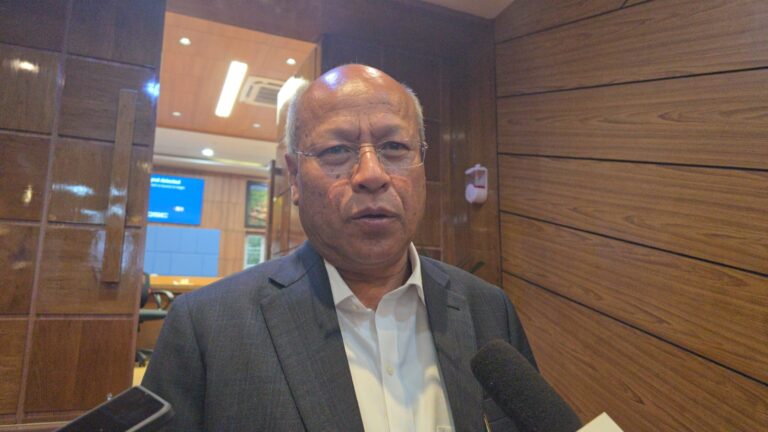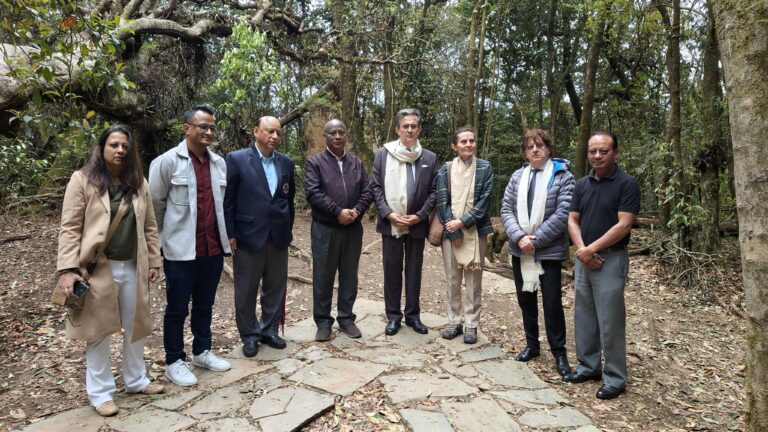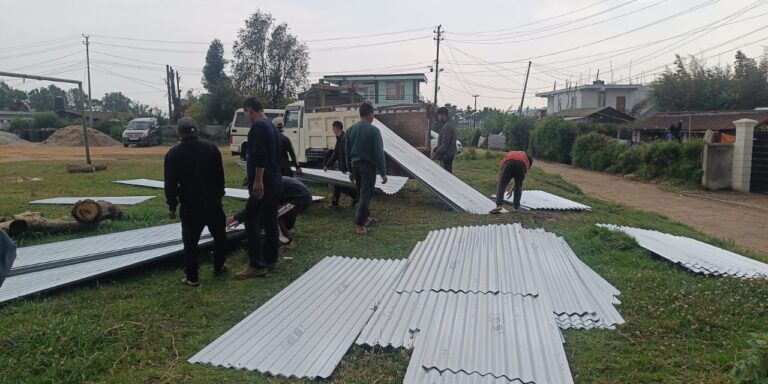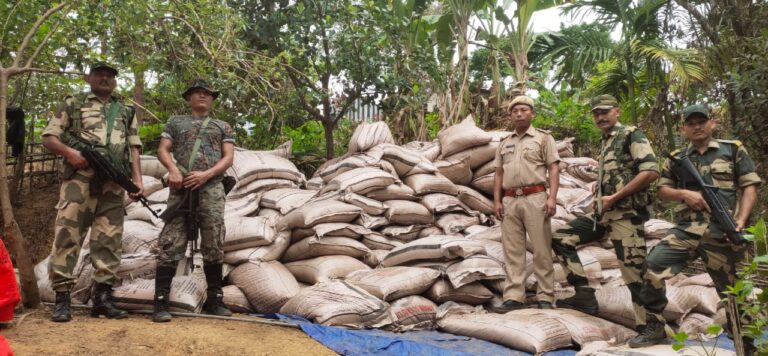SHILLONG, MAR 13: The state Assembly has introduced the Meghalaya Residents Safety and Security (Amendment) Bill, 2020 which seeks to regulate the entry of people and tenants in the state.
The Bill was introduced by the chief minister Conrad K Sangma during the first day of the nine-day budget session of the Assembly held here on Friday.
“A Bill to further amend the MRSSA, 2016…to verify and regulate the entry of persons to Meghalaya and also to regulate the tenants or any other persons residing in rented houses or any other places in the state apart from the existing provisions of the Principal Act,” Sangma said in the statement of objects and reasons tabled before the House.
The Bill said every person who intends to stay in the state of Meghalaya for more than 48 hours shall furnish information in the manner prescribed under the rules.
It also maintained that “every persons” shall not be construed to mean persons who has been residing permanently in the state and includes his or her relative or members of family as defined under clause (i) of section 2 of the Act, Members of Parliament, Members of State Assemblies, members of judiciary, who is employed with state government or the union government, who is employed under a board, corporation, society, organization or agency, partly or wholly owned by the state or union government, professionals like medical practitioners, lawyers, chartered accountants, architects, attorneys, engineers, consultants by donor or funding agencies or any other professionals and any other category, class of persons, individuals, which may be notified by the government from time to time.
The Bill further stated that any persons who wilfully fails to furnish the information or provides false formation as required as per section 4A shall be liable to be punished under section 176 and /or section 177 of the Indian Penal Code, 1860.
“Provided that the first offence under this section shall be punishable only by imposition of a fine as provided in the Indian Penal Code, 1860,” it said.
By Our Reporter



















+ There are no comments
Add yours